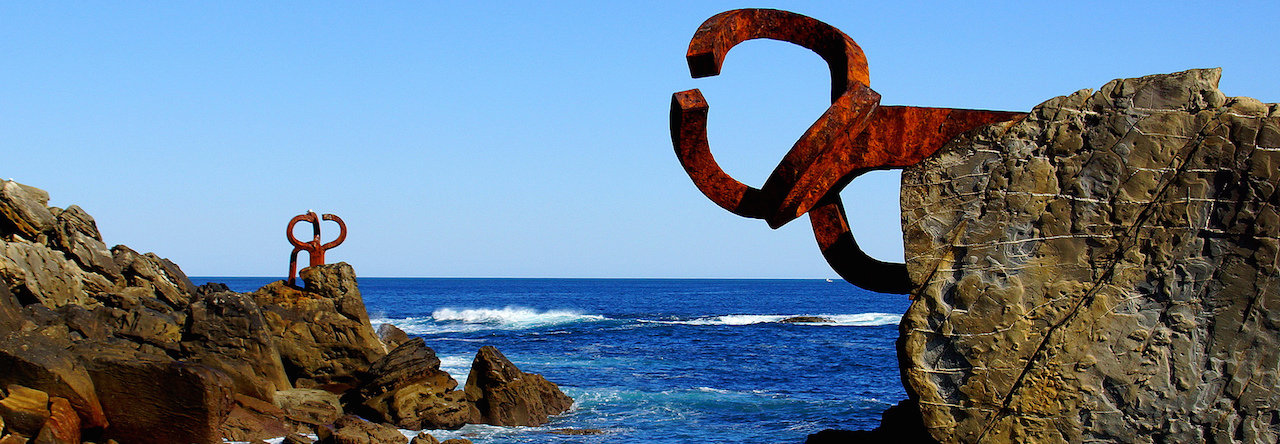We can decide whether to maintain our old and no perfect market economy or looking for new paradigms. It is not an easy task as Masters of the Universe prefer to live in cyclical crisis which is very profitable for them. If economy shows a positive balance, they win. If economy is going down to the Hell, they win. On the contrary, ordinary people do not perform very well. They are being pushed to run in a bigger wheel of consumption and debt that is causing domestic bankruptcy for generations. And do not mention the rampant public debt.
Etiqueta: Copenhagen_institute_for_future_studies
The Copenhagen Institute for Futures Studies offers another interesting article on the future of work. In this occasion, it focuses on the arrival of women to management tasks, but not as a fashionable momentum. On the one hand, the failure of an economic system governed by men has offered an opportunity for women. Although they were even more able to play a key role in company boards, the main posts have been in the hands of male managers. Now, as men have failed in avoiding the crisis (If they are not guilty of it) in many businesses owners are thinking of giving a chance to women. On the other hand, in the last ten years we have seen that women perform better in education. They have university degrees and are better prepared than many men. According to this situation, nobody can stop the climbing of women to the managerial tasks.

In fact, as the report Shall women save the world’s economy? points out, women can do best in these difficult times. Their management approach is more appropriate to cope with uncertainty and negative ways:
“Women have a completely different approach to life. They are more cooperative and bring more people in when important decisions must be made. So it can take a little longer to make the decision, but the decision is considered thoroughly before being made. I have absolutely no doubt that the world would have been very different if women had had the assignment.”
The paper says that now we need financial control, cooperation instead fierce competition, warm environment instead hard labour relations and a bigger sense of the importance of success in the long term. All these features are in the managerial style of women. “There is a feminine approach to leadership. It’s about being intuitive and rational. It’s about multitasking, sensitivity to people’s needs and feelings and being a generous listener.” An important point to remember is that the entering of women into management is going to be a structural trend, at least in the more developed countries. The era of supremacy of macho managers is ending.

As Developing Economies growth, they are reducing the distance in standard of living and in the competences of their workers. Western countries have taken advantage of better education in the last 50 years, but the situation is changing. Now there are more people in higher education in some developing countries than in Western States. It means that those countries could be more competitive and will offer a better standard of living in the near future. The question in the next years is whether we are witnessing a fierce competence between Western and Developing countries or the setting up of cooperation as the main relationship between knowledge workers of one side and the other.
This thinking has an interesting argument in a recent report from the Copenhagen Institute for Futures Studies. In Global knowledge work up to 2020, the authors present two possible scenarios in 2020 for knowledge workers. The first of them shows that Western countries will lose their prominent position in favour of Developing countries knowledge workers. The second one, more positive, points out a situation where knowledge workers of different countries will be obligated to cooperate. They explain that the best advances in knowledge economy in the last years have been promoted by groups of workers cooperating from different companies and countries.
During the last five years, London Business School has carried out a number of studies that show that the value in companies, organizations and business is not created by the individual knowledge worker working in isolation. Value is created in teams, project groups, work groups and in communities with a co-operative mindset. Development and more radical innovations also thrive best in co-operative and trustful environments. Based on this perspective, it will make more sense in the future to measure competitiveness in relation to a team or a given community.
Authors of the report hope that the second scenario will win in the 2020 environment. I can agree with that position if we are able to fight against economic nationalism and can stop the isolation policies that are emerging in international relations.
